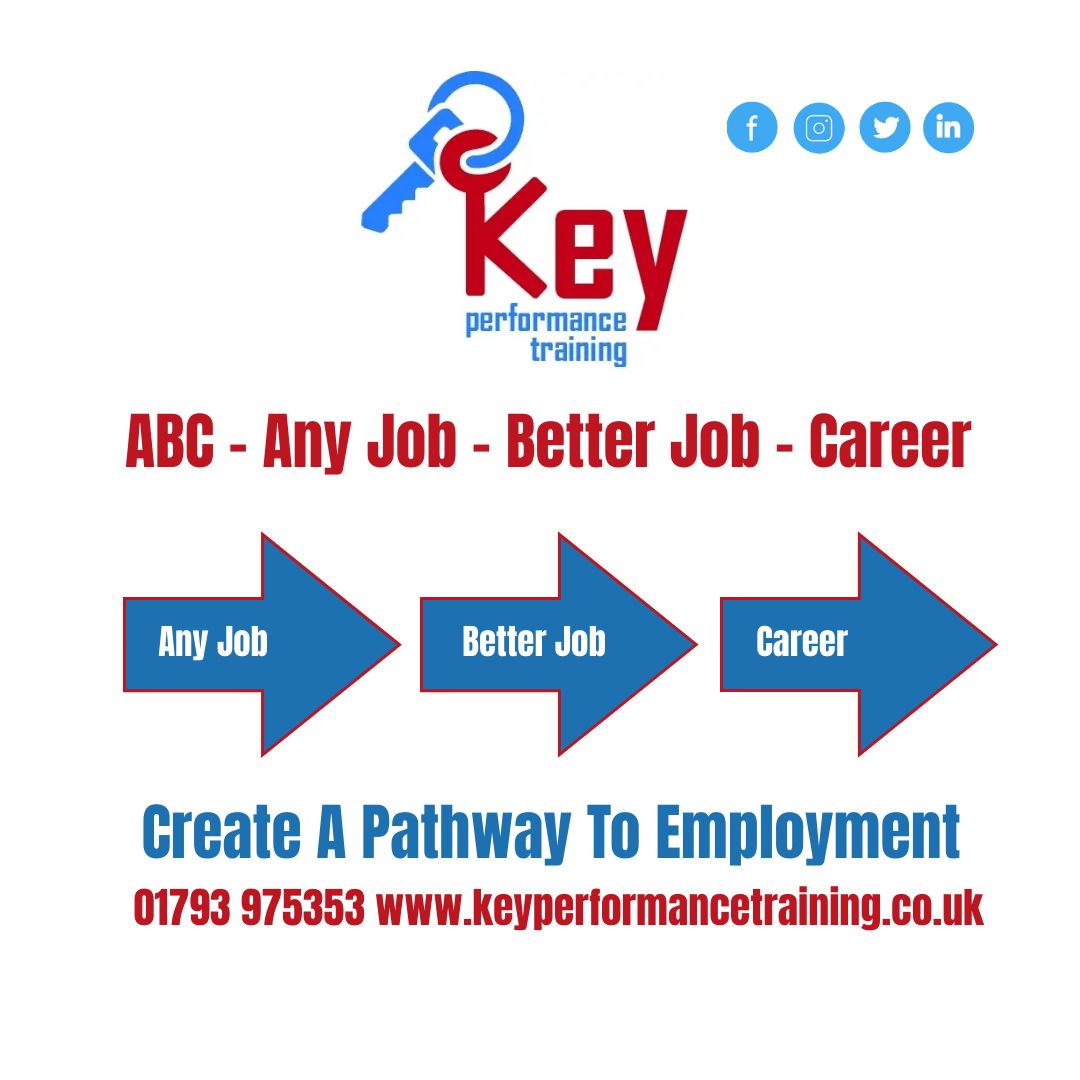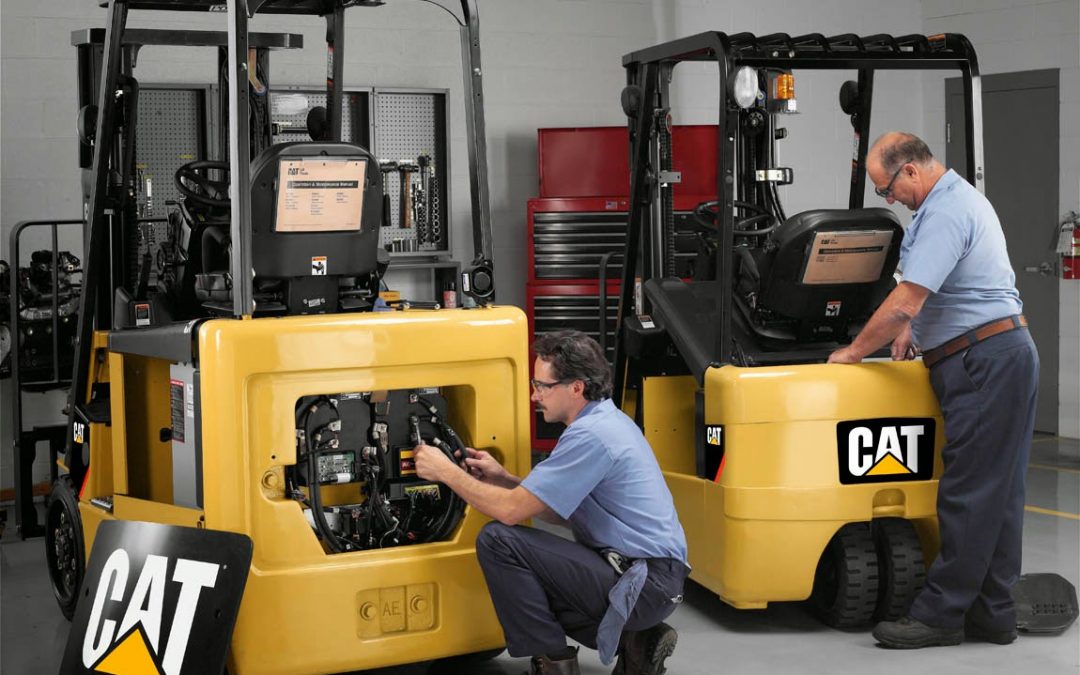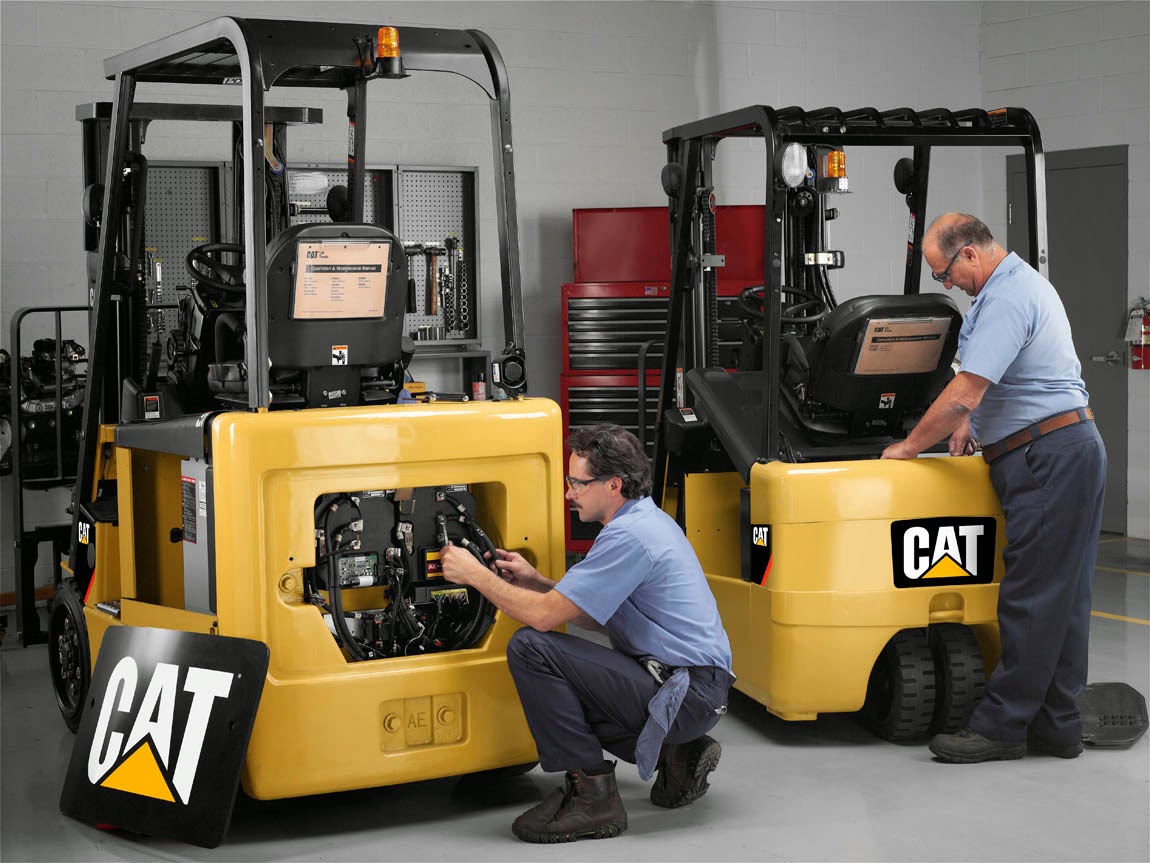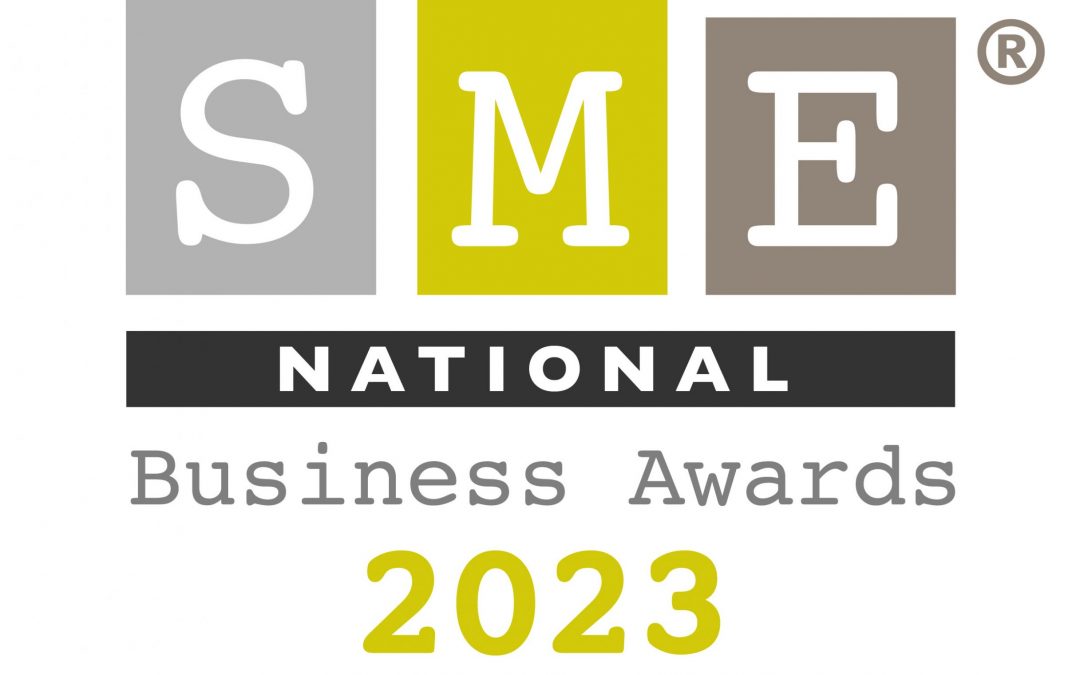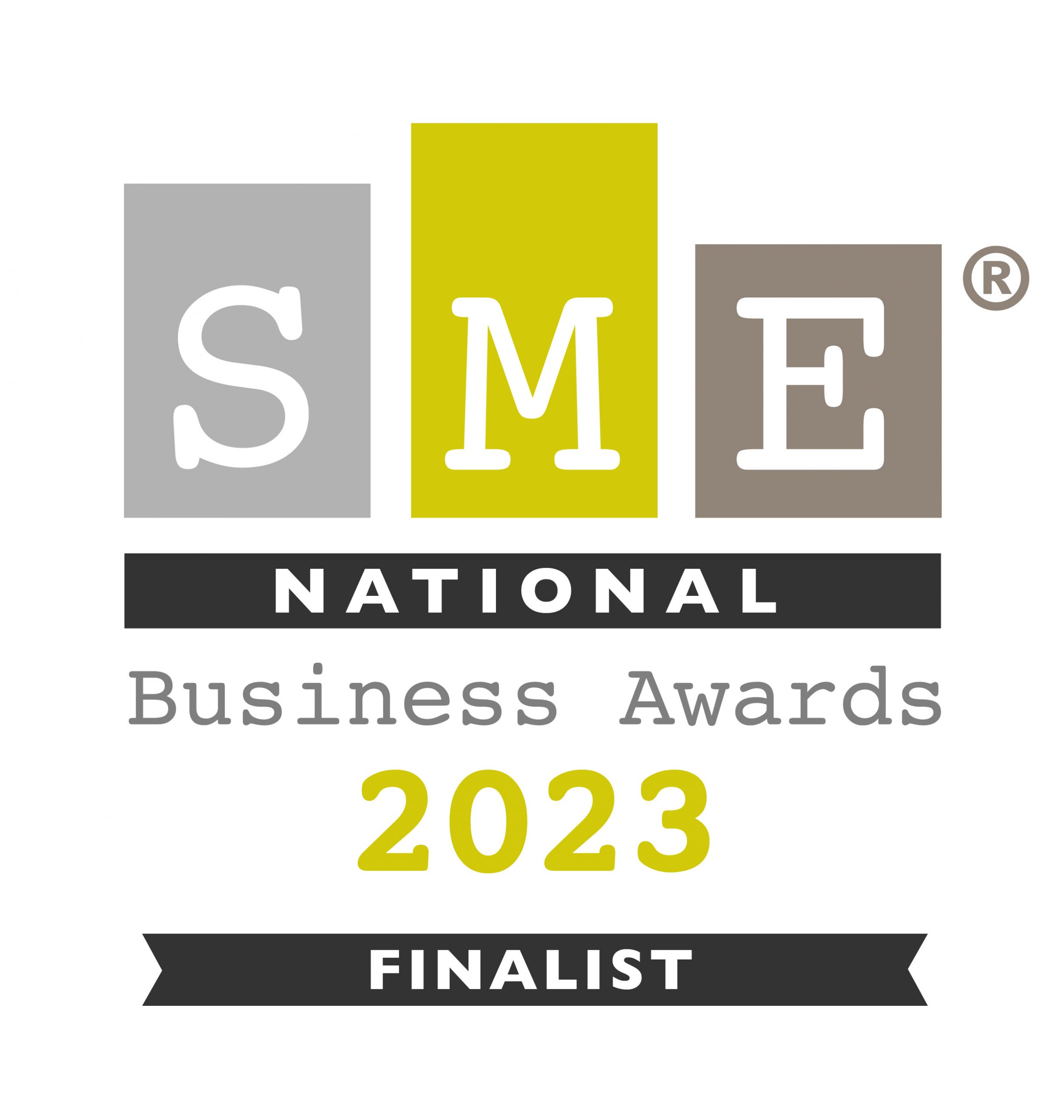
Top Ten Tips to Improve Reach Truck Safety

top ten tips TO IMPROVE REACH TRUCK SAFETY
Accidents involving materials handling equipment (MHE) are largely avoidable, yet still far too widespread in supply chain operations. With reach trucks one of the most common types of lifting equipment in use, here are ten of the simplest ways to help improve safety for Reach Truck Operators, and those around them:
- Never operate a truck you’re not qualified to – Operators should never be asked to operate a reach truck on which they have not been trained and authorised. This includes using a reach truck category that they are not specifically qualified for. Safe operation guidelines will vary for different types of reach trucks, so it cannot be assumed that competence on one type will ensure safety when using another.
For details on our accredited reach truck courses, please click here – https://keyperformancetraining.co.uk/forklift-courses/reach-course/

- Use the correct truck for the application – One reason that there are so many distinct types of material handling equipment available is that some machines are better suited to certain tasks than others. Employers and operators should ensure that where a reach truck is being used, that it is the correct type for the environment and situation where it is working.
- Be ‘fit’ to operate the truck safely – It should be obvious that operators should never use a reach truck if they are under the influence of alcohol or drugs. However, this also includes strong medicines that may cause drowsiness. Operators that are unwell or overtired should avoid operating this type of equipment to ensure safety.
- Prioritise awareness – Awareness of the working environment is always the first line of defence against incidents. Operators should be trained to always pay close attention to what is going on around them. Phones or handheld devices should not be operated when an operator is in control of a reach truck. And operators that need to wear glasses should always remember to do so when operating the equipment.
- Know the signs – Operations differ in terms of traffic flows so operators should not only be aware of the site-specific rules, but should also maintain an awareness of safety signs, traffic lights, signals, and speed limits. Where there are none, operators should make use of hand signals, safety lights, audible warning devices and verbal communication to make their intentions clear to those around them to support safety.
- Remember – the forks are sacred! – The forks of a reach truck are only there to do the tasks they have been specifically designed for. It is extremely dangerous to let passengers ride on the reach truck or the forks. Operators should never lift anyone on the forks, on any attachment, or on the pallet, or allow anyone to mount these. Likewise, no-one should ever stand or walk under raised fork arms, even if the truck is unladen.
- Be aware of pedestrians – Pedestrians are highly vulnerable in workplace transport operations and are too often involved in incidents involving materials handling equipment. So, if there may be pedestrians in the area, reach truck operators must always drive slowly, carefully, and responsibly, even if they cannot see other people in the vicinity. Operators should keep an eye out for pedestrians appearing from blind spots, such as doorways or parked vehicles, and be prepared to make an emergency stop if needed.
- Be transparent about incidents – It is important for businesses to create a culture where incidents and near misses are reported openly. Even if no damage or injury resulted, it is vital to know about these events to take action to reduce future risk. If there is an incident, operators should be trained how to check that their truck is undamaged and functional before attempting to return to work, and to know what the procedure is should they identify and faults or damage.
- Take a break! The supply chain is under huge pressure now, with many staff working long hours. However, sitting and operating a reach truck from the same position for extended periods can lead to musculoskeletal problems and injuries. Ensure that operators take regular breaks and are encouraged to stretch and move around wherever possible. Otherwise, eventually, musculoskeletal disorders can equate to many lost working days in the operation.
- Make safety guidelines available – Good, professional practice is key to preventing incidents in the workplace, so it is helpful for operators to have easy access to clear safety guidance whenever they need it. The RTITB Reach Truck Operator’s Safety Code is a convenient booklet and reference tool that enables reach truck operators to check in and refresh their skills and knowledge regularly and helps them make sound judgments in the common situations they encounter in the workplace.
Contact us on 01793 975353 or rachel.gearon@keyperformancetraining.co.uk for more information about how we can help or to book your course today.
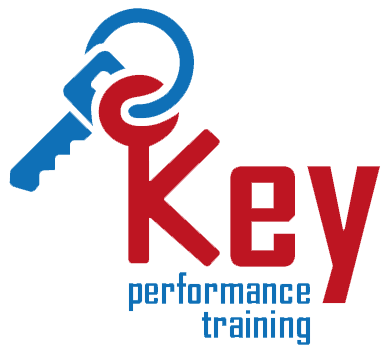
Need more information?
For more information please do get in touch – via our contacts page, email us or just give us a call on 01793 975353


